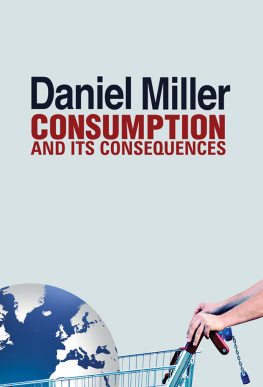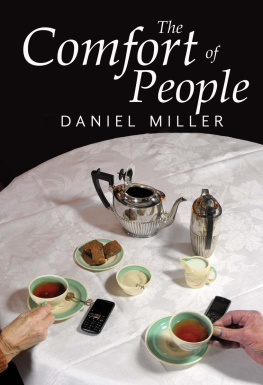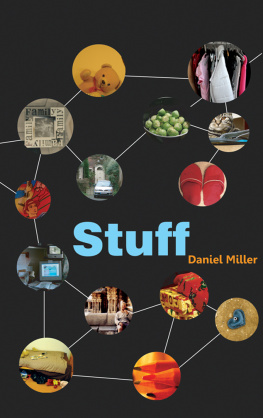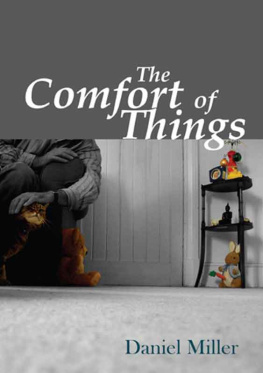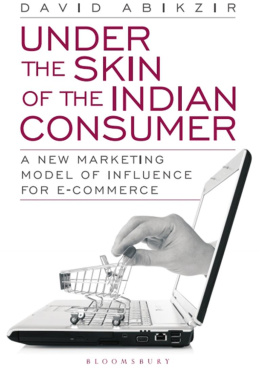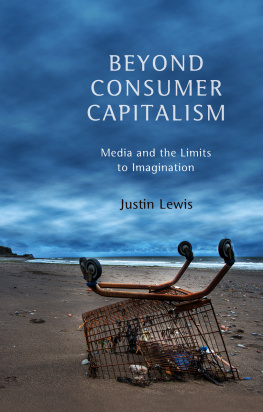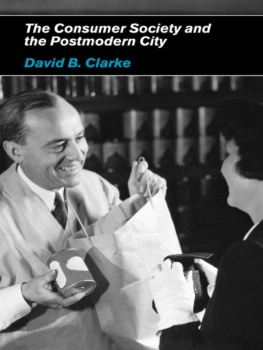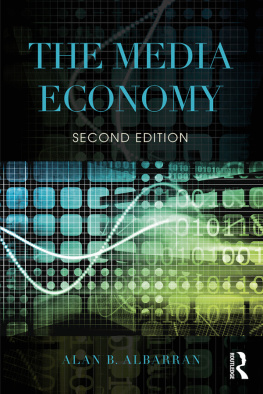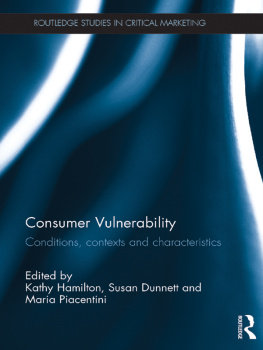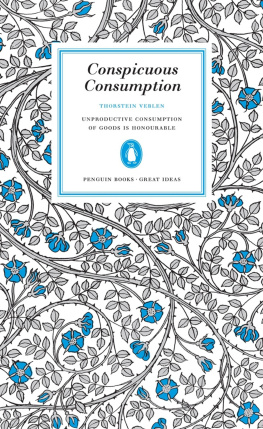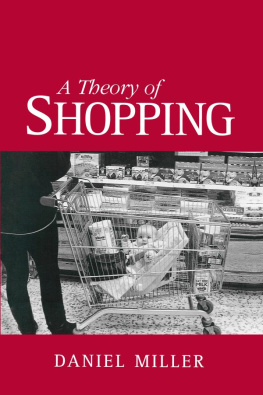Postscript
At this point I need to give my thanks to Chris, Grace and Mike for their respective contributions, but also to usher them back behind the curtain and come forward and take the flack as the author of this book. My main claim to any authority for its contents would derive from many years of carrying out ethnographic studies of consumption. Where this book strays more into the consequences of consumption, such as the wider political economy or climate change, I have relied far more on other academics and their arguments. But clearly I felt that to write a book about consumption should include taking responsibility for at least commenting upon these consequences, which could hardly be more consequential.
If you review the logic of the book as a whole, there is a central argument that most discussions around the consequences of consumption stem from a mistaken understanding of consumption itself as a process. If these discussions are to progress, then the misapprehensions need to be corrected. What usually happens is that critical academics with important points to make of a red or green variety project onto consumption that which they would wish or need it to be in order to make their arguments. Left-wing critics claim consumption is largely fostered by advertising and demand is created by commerce. These goods then contribute to practices of status emulation, which in turn can be related back to capitalisms other consequence in fostering of class and social inequality. The left holds on to these beliefs because, if this is true, they provide a relatively straightforward target. Get rid of these causes for example, abolish advertising or reduce class differences and demand will collapse. Furthermore, all these reductions in consumption would in any case be beneficial to society. Unfortunately it is plausible to imagine a Norway that banned advertising, reduced social inequality still further, and constricted business until it was closer to socialism than capitalism. My prediction is that demand for goods would remain largely unchanged, because the things that consumption is being used for in chapters 2, 3 and 4 would remain entirely unchanged. Greens embrace a still wider perspective and generally a still more convenient one, which associates consumption in general with materialism, thus giving them a moral high ground to condemn consumption and equate saving the planet with saving our souls. I dont accept their premise, which is clearly contradicted by my evidence. What I do support is both these green and red aspirations regarding the imperative to increase and protect the welfare both of populations and of the planet. I share some, but only some, of their wider moral ideals. My own particular focus would be resolutely on the moral imperative to end poverty and deprivation, which is something I am constantly confronted with in carrying out fieldwork in various parts of the world. I see poverty as absolutely debilitating and grossly unfair.
So an argument that we have misunderstood consumption and its causes is far more important than merely a question of an academic corrective, a concern with some version of truth and education, though this alone would be a sufficient motive to be fully engaged with such debates. The core three chapters in this book provide evidence for an alternative view on what consumption is. The chapters on ethnographic studies of Trinidad as a consumer society, shopping in London and why we buy blue jeans are intended to convince you that consumption is mainly about quite different things. Status emulation and materialism may exist, but they are of minor relevance compared to the incorporation of this vast array of material difference in the expression of complex social relationships and wider cosmologies. Many of these, such as love and the struggle to be ordinary, would be seen as largely positive and equate with that richness of diversity we call culture. A whole prior book, Stuff , was written to show just how such material things act as culture, and that book adds substantially more evidence to support the central point of these three chapters. But my point in Stuff was not to adjudicate goods as good or bad. The term material culture is intended to be neutral. The ethnography merely shows that goods are utilised within an extraordinary and expressive field of cultural life, where we use them to help delineate our values, cosmology, emotional repertoires, and sense of sameness and difference, and, as with other cultural forms, for entertainment, communication and adding to our capacities within everyday life.
Capitalism is certainly the context for this engagement, but I have argued that it is as much consequence as cause. Other societies that do not or did not have capitalism, ranging from ancient Rome or medieval Japan to recent attempts at socialism, were just as readily engaged with consumption and material culture. It is a travesty of anthropology to think that people with fewer goods, such as Australian Aboriginal society or Amazonian tribes, were more functionalist or more concerned with what they needed. Pretty much the entirety of my discipline of anthropology says the opposite. What little they have is used, above all, for wondrously creative acts of cosmology. They impress because they are typically so adept at turning nature into fantastic cultural constellations. If in doubt, read some anthropology of Amazonia or Melanesia.
My point is that we will get nowhere if we start by being dismissive of consumption itself, or by thinking that we could somehow remove its causes. Social relations are the primary cause of consumption. This is the message that apparently no one wants to hear because it is supremely inconvenient to the moral and other goals we have set ourselves. Instead, let us accept that consumption is central to our contemporary life and tease out its nuances from the public use of state systems to clothing wardrobes, from housing to new digital lives. But we cant then just leave commerce as a black box. We also need to engage critically with studies of business and realise that, if we apply the same ethnographic methods to finance and retail, we can break through their ideologies and representations and see how, in practice, this is also a complex of everyday infrastructures that need to be understood in their own right and not allow academics to obfuscate by replacing them with images of idealised or demonised economic models. I am much more inclined to the critique of capitalisms than of consumption because, except where it is curbed, as within social-democratic politics, there is plenty of evidence that, in its many forms, capitalism comes to serve its own interests rather than those of welfare, with evident results such as vast gulfs in inequality that, contrary to its claims, are completely unrelated to its potential for supplying us with goods. To this critique we need to add the urgency of confronting the issue of climate change. A transformation in our understanding of consumption means that we turn from grand and simplistic critiques of consumption per se. Instead we take climate change seriously as its own agenda. We use our science and scholarship to separate out clearly those changes which evidence shows are necessary for planet-saving purposes. Getting rid of these pernicious substances and practices will be a whole lot easier if we no longer think we have to curb consumption as a whole or deny the contribution of both commerce and consumer goods to the elimination of poverty and the advancement of welfare.
It is probable that many readers were disappointed that, between them, Chris, Mike and Grace did not come up with some simpler and more easily administered panaceas for quickly dealing with climate change. I am afraid they could no more than reflect my own limited understanding and imagination. I have no rabbits in my hats actually I dont even have hats. But I still feel that their contributions were radical with respect to current trajectories. Through them I have sought to show that the main solutions being advocated at present are not just wrong but profoundly mistaken. I really do believe that putting economic theory, which more than any other factor has been responsible for creating this mess, in charge of finding a solution is the primary reason why we are failing. New markets and more consumer choice are not going to stop climate change. Instead, I have advocated a series of shorter- and longer-term measures. The science of climate change could lead much more directly to regulation, often at the point of production, that bans the most problematic culprits. Where these seep into the area of consumption, then transparency and, above all, fairness is key to their acceptance, as are these longer-term changes that make awareness of cause and effect central to our education system. My aim is not simply to provoke yet more debates between interested academics. I have tried to write in an accessible manner because I think the issues raised in this book matter today more than ever, and what I really want is for the results of our academic research also to be consumed with consequences.

